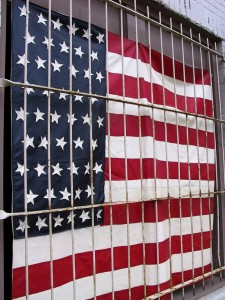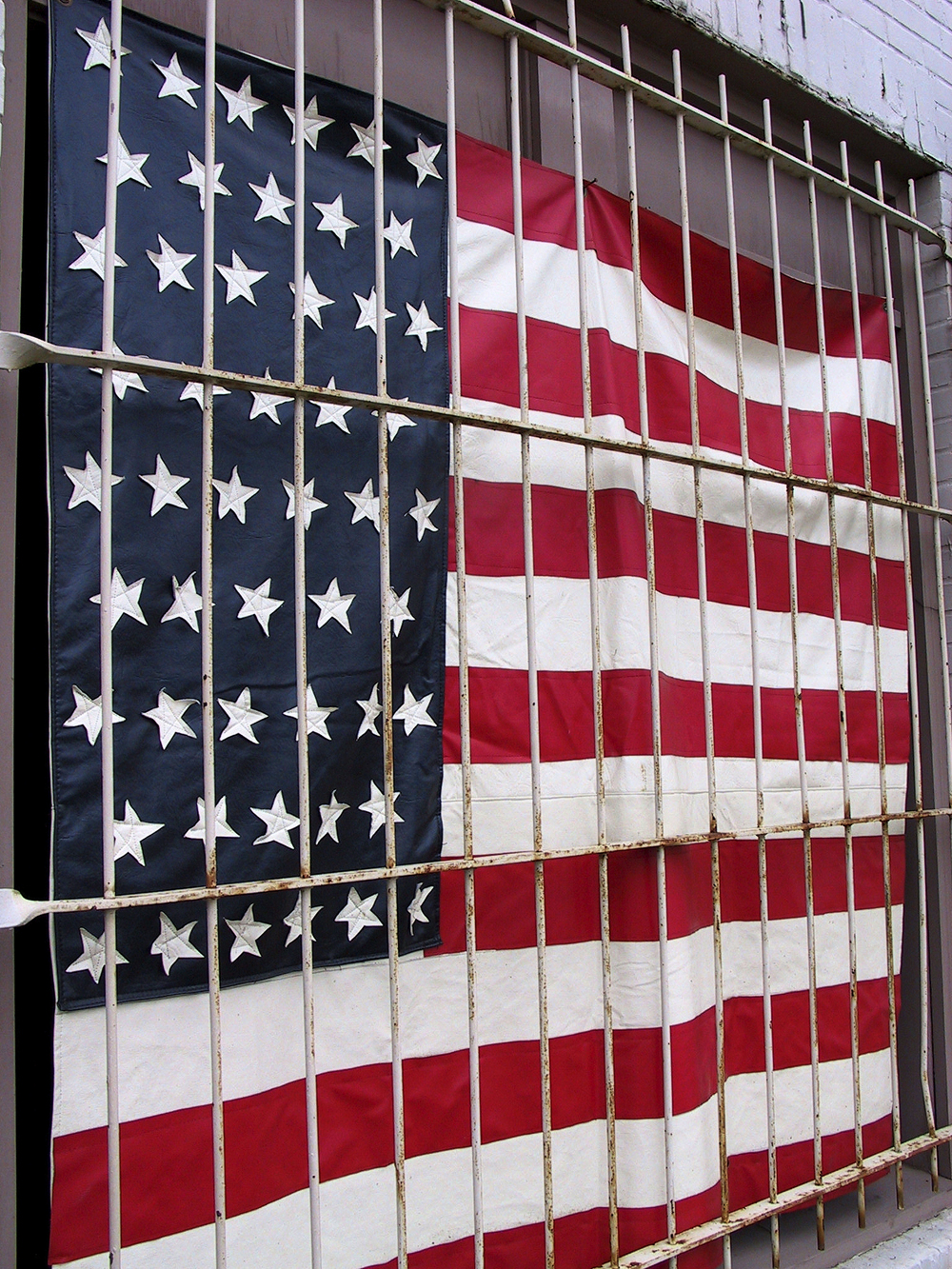Making NRA Membership Lists Public
Did I get your attention?
I figured that a title about campaign finance reform wouldn’t grab too many eyeballs. But telling people about the intended result of this “reform” probably would. I’ve been thinking about this post for a while now, but decided that Dave Kopel’s release of his June First Freedom article on the subject made the issue more relevant for the blog.
There is one key to the Schumer-backed DISCLOSE Act that makes it dangerous for gun owners who want to organize in any meaningful manner: disclosure of all donors/members whose money may have funded independent expenditures to the FEC.
According to The New York Times, a “reform†bill might require advocacy groups (such as NRA) “to identify all their financial donors or set up separate accounts to handle political spending and identify the donors to that account.â€
Simply put: If NRA wants to use its general funds from member dues to speak out during election season, then NRA would have to give the federal government a list of every single NRA member.
 The FEC donor databases are open to all, and the most user-friendly that makes looking up individuals easy and fast is the database available at OpenSecrets.org. Kopel uses the example that your boss could decide to cross-reference you to find out what you’re up to outside of work hours. At that point, you just have to hope he/she isn’t anti-gun, or you may find yourself in the unemployment line. Even if NRA maintains a separate fund for campaign expenditures, you can’t donate if you value your privacy.
The FEC donor databases are open to all, and the most user-friendly that makes looking up individuals easy and fast is the database available at OpenSecrets.org. Kopel uses the example that your boss could decide to cross-reference you to find out what you’re up to outside of work hours. At that point, you just have to hope he/she isn’t anti-gun, or you may find yourself in the unemployment line. Even if NRA maintains a separate fund for campaign expenditures, you can’t donate if you value your privacy.
We’re by far not the only issue concerned about these crazy disclosure agreements. The National Right to Life Committee is opposing the bill on the same grounds:
One of those regulations involves NRLC and other pro-life groups having to identify donors publicly anytime it runs communications in certain times that ask people to contact Congress about legislation related to pro-life concerns.
“Our members and supporters have a right to support our public advocacy about important and controversial issues without having their identifying information posted on the Internet, exposing them to harassment or retribution by those who may disagree with their beliefs,” NRLC concluded.
 It’s pretty dangerous in some areas of the country to be socially conservative. See the harassment that same-sex marriage opponents faced in California as an exhibit of what pro-lifers – and possibly gun owners – could face.
It’s pretty dangerous in some areas of the country to be socially conservative. See the harassment that same-sex marriage opponents faced in California as an exhibit of what pro-lifers – and possibly gun owners – could face.
Even the parts of the bill that aren’t dangerous for gun owners actively try to cut us off at the knees when it comes to political advertising. I’m not opposed to the spirit of an organization head doing a disclaimer as part of a commercial, but as specific as the DISCLOSURE Act is, it limits our options in order to cut our political effectiveness.
NRA advertisements always let you know that they’re paid for by NRA. Sometimes, NRA CEO Wayne LaPierre appears as a spokesman in a commercial, while in others, it’s Chris W. Cox, chairman of NRA’s Political Victory Fund and executive director of NRA-ILA. Sometimes, NRA may choose to use someone else entirely. For example, Charlton Heston appeared in many NRA commercials during his long service to the Second Amendment.
The proposal would mean that in 1997, for example, when Heston— one of the most respected men in America—was an NRA officer but not president or CEO, an NRA commercial would have been required to cut the amount of time that Heston had to speak about the issues.
Anything that reduces the time we can put Chris Cox’s face & voice in front of female viewers is a loss for our issue as far as I’m concerned!
In all seriousness, we have a diverse set of powerful leaders we can choose from at this point, and most Americans would probably agree that using any of them would meet the spirit of any disclosure laws. If Tom Selleck wants to get on screen as an NRA board member and talk about NRA-endorsed candidates or the issues at stake in a particular election, I’m sure most people would agree that it’s plenty transparent.
Politically, Congress still knows we can raise some hell on this issue. The House sponsor sat down with NRA recently to try and figure out their concerns, and they are specifically worried about last minute lobbying blitzes. It would seem that the pro-life groups and the Chamber of Commerce are planning to score the vote – and I suspect that the final product will determine whether or not NRA scores the vote. (If they do, Democrats may lose the votes they claim to have to pass it in the House.)
The Chamber has particular concerns about how this bill favors unions above other corporations:
For example, companies with government contracts worth $50,000 or more and those with foreign ownership would be banned from funding political ads and engaging in other campaign-related activity. The business group believes unions that receive federal grants, have collective bargaining agreements with the government or have international affiliates should be subject to similar limits.
Eugene Scalia, a partner at Gibson, Dunn & Crutcher and counsel to the Chamber, said the Disclose Act does not balance restrictions on corporations and unions equally, as previous campaign finance reform bills have.
“This bill is a departure from that tradition,†he said.
This is one of the reasons the NRLC argued the bill name should really stand for “Deterring Independent Speech about Congress except by Labor Organizations and Selected Elites.”
Right now, the bill has been postponed in the House. The committee vote was down party lines, and all efforts to make this bill more fair have been turned down based on party affiliation.
The intentional partisanship and one-sided nature of this was demonstrated by the defeat of a series of amendments in the committee mark-up that were proposed by Republicans. This included an amendment by Rep. Dan Lungren (R., Calif.) that would have extended the prohibition on government contractors to any unions that have representational contracts with the government, as well as an amendment by Rep. Gregg Harper (R., Miss.) that would have extended the same ban to any other recipient of government grants, such as the liberal groups that receive so many federal earmarks and other funds. When Lungren tried to extend the political activity ban on corporations with foreign shareholders or corporate directors to unions that receive dues from foreign nationals, that was also rejected.
This bill has got to go down in defeat. NRA is a one-issue organization, but they also look out for our ability to talk about that issue with the public during election season. Because many people who aren’t paid members receiving the magazine pay attention to NRA’s messaging, any effort to silence their efforts will only hurt gun rights on Election Day.

